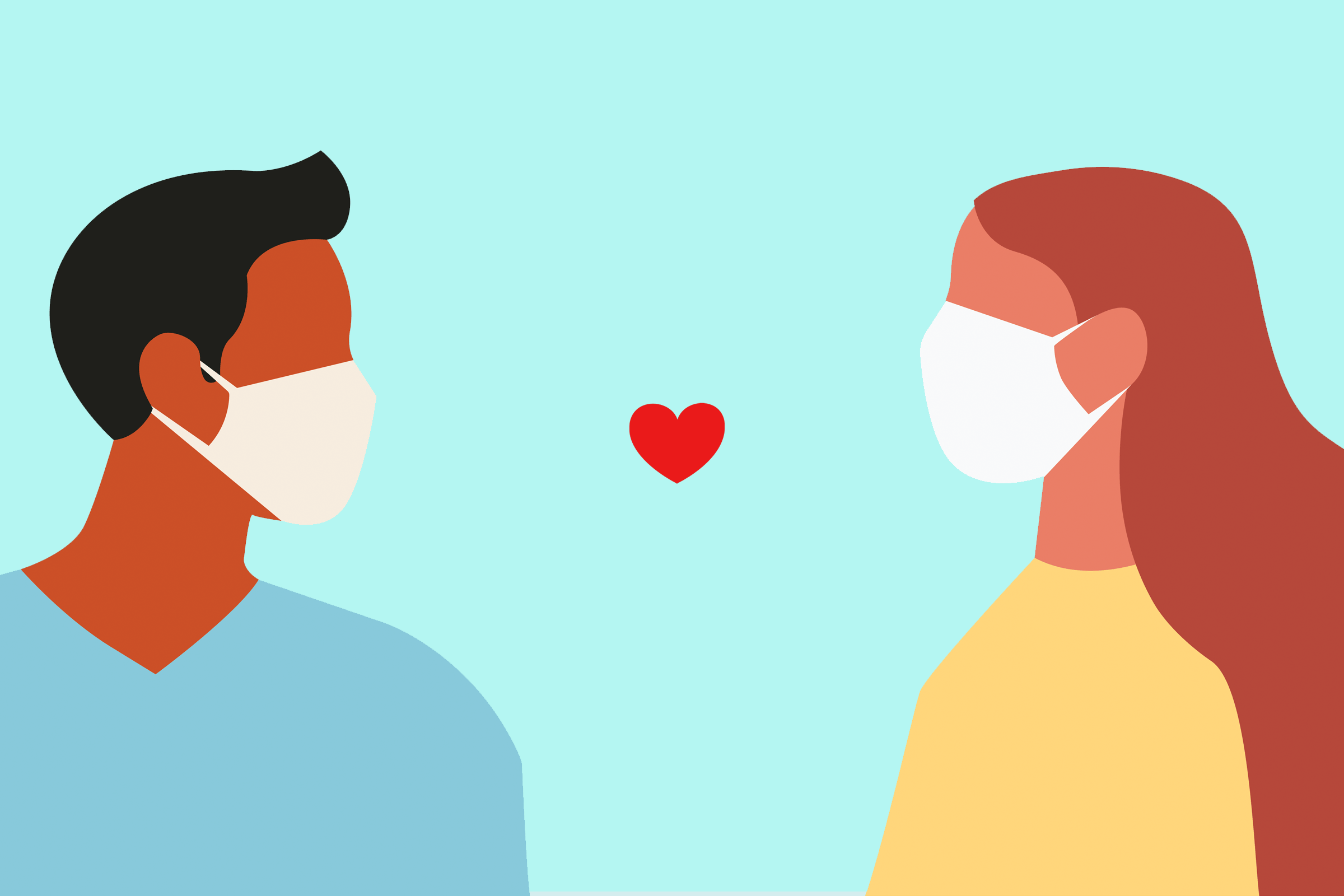Baby Blues
by Kenneth Lyen

We are understandably afraid of the effects of Covid-19 in causing severe infections, deaths, and its devastating impact on the world economy. But there is another potential problem that we paediatricians are worried about, namely, reduced fertility and birth rates.
This is not the first time. We saw a similar effect when Severe Acute Respiratory Syndrome (SARS) struck Singapore in 2003. It exacerbated the already falling fertility rate (1):

The fall in fertility rate was reflected in the concomitant drop in birth rate in 2004 and beyond (2):

The fall in fertility and birth rates after SARS in 2003 was not limited to Singapore (3).
We expect the same effect to repeat itself with Covid-19 in 2020, maybe worse. What are the reasons for the drop in fertility rate?
1. Reduced socializing due to:
a) Closure of all educational institutions
b) Closure of non-essential businesses
c) Stay at home guidelines
Teenagers and young adults have less chances to physically meet and interact with each other (4).
2. Lower income due to:
a) Unemployment or reduced salaries
b) Businesses facing plummeting profits, and closure of businesses
c) Overseas travel restrictions
d) Closure of entertainment premises including live theatre and cinemas
There is less income and opportunities for dating and going out for meals or shows together. The lack of income also delays marriage and wedding plans (5).
I suspect that the wearing of masks might discourage or impede kissing, but I may be wrong about this (6).

DISCUSSION
I am sure you are going to ask many questions. You might ask why did the birth rate not rebound back up after the SARS epidemic was over? There are several possible answers. Perhaps the downward trend in Singapore's birth rate was only accelerated by SARS, but other factors were already taking root. These may include factors such as both parents working, parents working in different countries, rise in single parenthood, changes in attitudes towards large families, which in turn may be a consequence of rising costs of living.
The other question you might ask are what are the other potential long-term sequelae of Covid-19? In the field of medicine, I have already experienced the sharp rise in telemedicine. Patients can consult doctors through email, talking on handphones, WhatsApp, Zoom, Slack, and other social media platforms. Many of my overseas patients are already doing that, reducing their need to fly to Singapore for consultations. Another trend that has accelerated is the fact that more patients are relying upon online medical information, and they only consult a doctor to verify what they have already discovered. Thus doctors merely serve as second opinions.
Closure of Singapore schools and universities have forced education to go virtual. Already many of my patients' parents have voiced concern about home schooling especially in primary school children under 12 years old. These kids tend to be more playful and less attentive when watching videos or conferencing on Zoom. Even some of my medical students have noted that watching lectures online seem to be less effective, and they remember less of the information they have just read. One other aspect of education often forgotten is learning how to socialise. This area is largely missing or skewed. The long-term effects of distance learning will not be apparent for several years. What will be the benefits and the disadvantages of electronic learning?
Businesses are hit hard. There is already a mass migration to digital technology, where business management, negotiations and board meetings are conducted online. If more people can work equally well from home, less office space will be required, thereby saving office rental costs. Online shopping was already becoming increasingly popular, but with recent closure of shops, it has become semi-essential. Many more people are now ordering clothes, pillows, electrical appliances, furniture, cosmetics, etc, through the internet. Same with food deliveries. GrabFood and other delivery services are booming. Birthdays and anniversaries are celebrated at home, because you are not allowed to sit down in restaurants or food courts.
Playing fields, sports venues and stadiums have all been closed. People are still able to run and cycle in parks. Many are exercising at home. It is likely that the majority of the population will suffer from relative inactivity, and together with increased food consumption, will gain weight, and may capitulate to many of the diseases associated with overweight.
The entertainment and tourist industries have been hurting badly. As a form of humorous protest, there are many parody songs being written and propagated online, and choirs and orchestras are managing to perform with each individual remaining at home. It may take a while before these industries fully recover.

CONCLUSIONS
The coronavirus is a very sneaky and rather nasty bug, and at the moment we have limited means of dealing with it. Currently we are more concerned with stopping its spread, by washing hands, wearing masks, staying at home, social distancing, no schooling, no businesses, no travel. The socio-economic impact promises to be horrifying.
Many things that we used to do physically face-to-face with other people is now being transferred online using our handphones and laptop computers. Education, business deals, shopping, talking with friends, and even dating, are now done exclusively through the internet. This is a seismic change in our lifestyle and our relationships. You no longer see boy-girl or anybody walking hand-in-hand in the parks, beaches, theatres, etc. Weddings, parties, dinners, meetings, are all canceled. Inevitably it will lead to less socializing, less unions, less marriages, and I am afraid, less babies.
Sadly, obstetricians and paediatricians will have less patients to see. Some of us may even be out of work. In due course, the population will shrink, and we may need to import more foreign labour. The economy will dip before it recovers, and this may take time. Tomorrow, we will wake up to a brave new world!
Blame it on the coronavirus!
Written by Kenneth Lyen
25 April 2020, revised 1 May 2020

%20a.jpg)



References
1. Singapore Fertility Rate decline after SARS 2003
2. Singapore Birth Rate decline after SARS 2003
https://www.indexmundi.com/g/g.aspx?c=sn&v=25
3. Decrease in fertility and deliveries due to SARS in Taiwan 2003: https://bmcpublichealth.biomedcentral.com/track/pdf/10.1186/1471-2458-5-30
4. Finding love in the time of Covid-19 is much harder
https://www.straitstimes.com/singapore/health/finding-love-in-the-time-of-covid-19-is-much-harder
5. Love in the time of Covid-19 is a wedding stuck in limbo
https://www.straitstimes.com/singapore/love-in-the-time-of-covid-19-is-a-wedding-stuck-in-limbo
6. Kissing wearing face masks
6. Socio-Economic Impact of the coronavirus
https://en.wikipedia.org/wiki/Socio-economic_impact_of_the_2019%E2%80%9320_coronavirus_pandemic